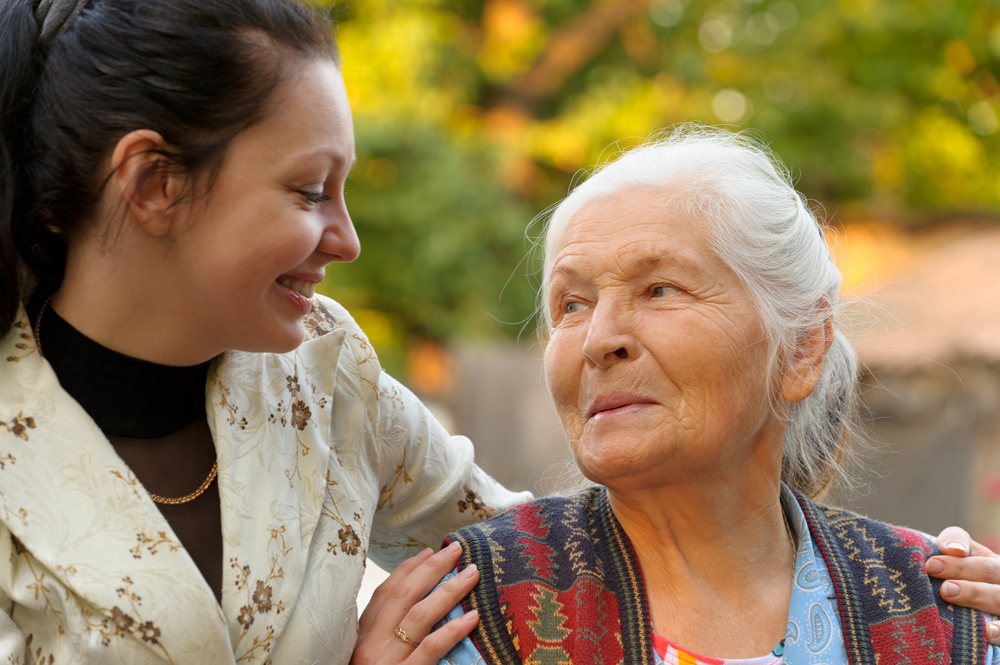Family Caregiving: “I Don’t Want to Care for my Elderly Parents”
Category:

Many young or middle-aged people live with the assumption that they will have to take care of their parents when they get older. This is often a societal and cultural expectation – in some Eastern countries, couples have children specifically so there is someone to care for them in their old age. There are many women who feel caring for their parents will become their responsibility because they are female – regardless of how many men there may be in the family.
The idea of children caring for their elderly parents is not necessarily a bad one. Your parents take care of you, so, on one hand, it seems natural that in turn, you will take care of them when necessary. It may not be easy, but we humans are all capable of doing hard things – to a point.
There are many reasons a person may find themselves in the early morning hours guiltily typing into Google “I don’t want to care for my elderly parents.” Perhaps they did not have a great relationship with their parents growing up, and any existing issues are only exacerbated by personal responsibilities, declining health, possible dementia, and other challenges. Parents may simply not listen to their children for a multitude of reasons, but will happily listen to someone who is not their child. Caregiving is time-consuming and can be very lonely. A person may feel trapped caring for an elderly parent because they are an only child and feel there is no one else, or they feel like they are a horrible person if they don’t want to take care of their parents (not true).
Whatever the reason, an extremely important point to remember is this: a caregiver must always take care of themselves first. If a caregiver finds their caregiving taking a toll on their mental or physical health, it is time to seek other options – and not feel (too) guilty doing it.
Before completely walking away from an elderly parent, consider these ideas:
-
Do you just need a break? Respite care is designed specifically for caregivers who need some time off. It can be just a few hours or an overnight stay. Respite care is also helpful for last-minute emergencies.
-
Set boundaries with your elderly parents. Be firm about when you are available, what you can and can’t do, and if necessary how you should be treated – and then stick with it.
-
Do you have siblings or other family members who can help with some responsibilities? If your parent is living at home, perhaps a brother, cousin or neighbor can drop by two times a week. If you are living with your parent, perhaps another family member can handle driving to and from doctor’s appointments. Spread out the responsibilities so no one feels overwhelmed.
-
Join a support group. I know sometimes it feels like there’s a support group for everything, and you may have rolled your eyes when you read that, but it’s a real thing and can be so helpful. By contacting a hospital or senior center, you can find a group that meets your needs. Often there are caregiver groups for specific illnesses, like Alzheimer’s or MS. These groups provide, well, support, advice, and a reminder that you aren’t alone.
Download Our Guide to Home Care
If you determine that caregiving just isn’t for you or your parents, take a deep breath, remind yourself again to not feel guilty, and start looking for services. There are so many types of services – from caregivers who come in for just a few hours to live-in companies, to 24/7 nurse-type services. You deciding caregiving is not the best option for you and your parents doesn’t instantly mean moving your parents into a nursing home.
Caregiving is hard and caring for their elderly parents simply doesn’t work for everyone. If it’s not for you or your parents, don’t be afraid to seek help.
Subscribe
Date: 2021-07-27
Category:


